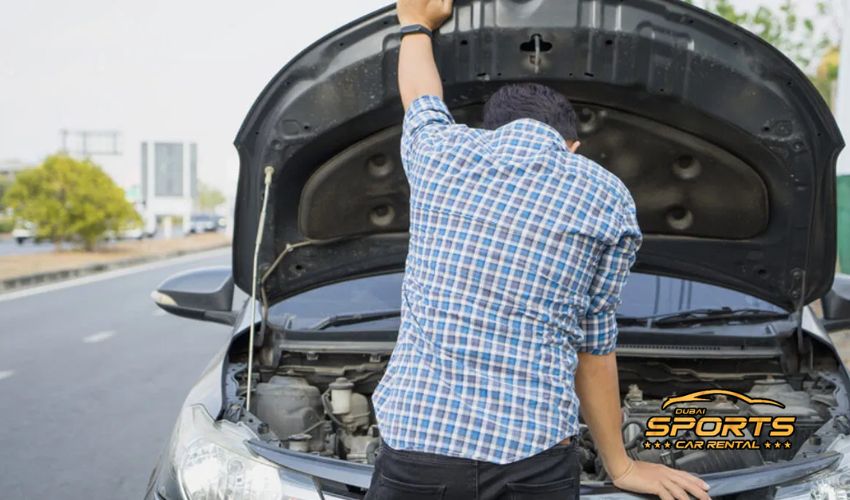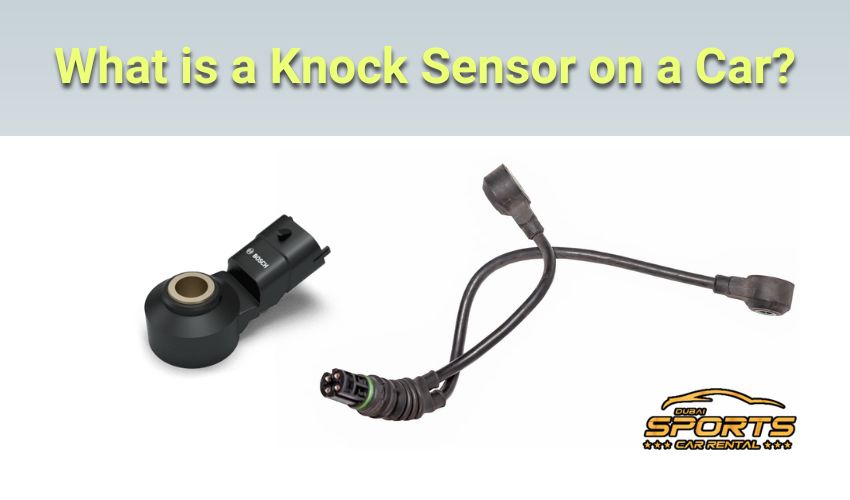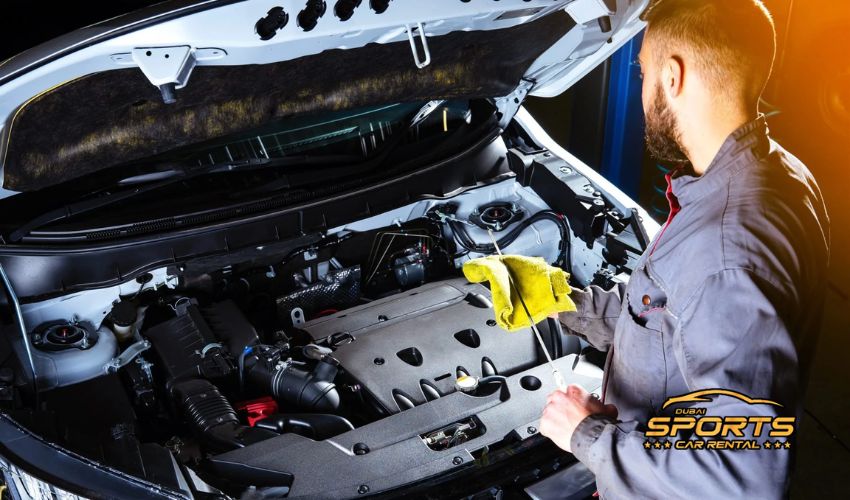Causes of Knock Sensors Failure
Knock sensors play a vital role in keeping your car’s engine running smoothly by identifying and stopping engine knock. Unfortunately, they can fail for a number of reasons, whether you have an SUV, Sedan, or sports car like Audi.
- Damaged wiring or a short circuit can burn the knock sensor’s internal piezoelectric element.
- Water and other contaminants can corrode the sensor’s metal parts, impacting its functionality.
- Engine heat can damage the sensor’s wiring or cause metal fatigue, breaking the piezoelectric element inside.
- Carbon buildup and engine vibrations can cause spark knock, which can also damage the knock sensor itself.
- Physical damage to the sensor’s housing, its piezoelectric element, or its wiring can also lead to sensor failure.
Symptoms of Bad Knock Sensor

- Engine Performance Loss
- Poor Gas Mileage
- Decreased Power Under Load
- Engine Makes a Pinging Sound
Engine Performance Loss
A failing knock sensor can make your engine feel sluggish and weak. The Engine Control Unit (ECU) might overcorrect the problem by delaying the ignition timing or changing other engine settings. Thus, this can significantly affect the performance of your car, whether Corolla or a sports car brand like BMW and Audi.
Because the knock sensor is not working well, the ECU can’t react properly to what you do with the gas pedal. Thus, this forces the engine to run in a “limp” mode, making it less powerful and efficient.
Poor Gas Mileage
Poor gas mileage is a common sign of a faulty knock sensor. The Engine Control Unit (ECU) needs the knock sensor to adjust the engine’s timing for the best fuel efficiency.
The ECU uses input from the knock sensor to constantly fine-tune how the engine runs. A bad knock sensor prevents the ECU from maintaining efficient fuel burning.
Decreased Power Under Load
A failing knock sensor can cause severe performance problems when your engine is working hard, like when towing or passing another vehicle at high speed. In these situations, the engine needs precise timing adjustments for efficient power.
A bad knock sensor prevents the ECU from getting the input it needs to make these adjustments. The ECU may overcompensate, reducing power and wasting fuel.
Engine Makes a Pinging Sound
A metallic pinging noise from your engine, often called a spark knock, is a sign of a bad knock sensor. It happens because your car’s engine is not burning fuel correctly, and the ECU can’t fix the timing because the knock sensor is not working. Ignoring this can severely damage engine parts like pistons and cylinders.
How to Prevent Knock Sensor Issues?
Regular maintenance, using quality fuel and fluids, driving gently, addressing engine problems quickly, and ensuring proper repairs and part replacements can all help prevent knock sensor problems.
Regular Maintenance and Inspections
Regular maintenance can help catch knock sensor problems early. It includes routine engine checks and addressing any signs of dirty fluids or worn-out parts.
Quality Fuel and Fluids
Using good, clean fuel and keeping up with regular oil changes helps prevent the buildup of dirt, dust, and other contaminants that can harm the knock sensor.
Gentle Driving Habits
Easy driving is better for your engine. Avoiding fast and aggressive acceleration, sudden brakes, and long periods of hard driving will reduce engine knocking. Thus, this is gentler on the knock sensor and helps it last longer.
Proper Repairs and Replacements
If you want to fix a faulty knock sensor, make sure you use original replacement parts. Likewise, follow the installation guidelines. Otherwise, the problem will come back. If you can’t fix it yourself, hire a professional mechanic to get the job done.




